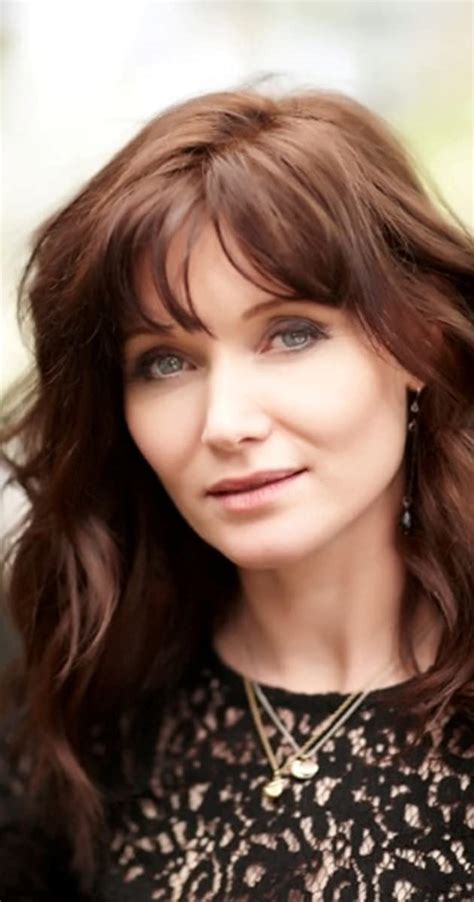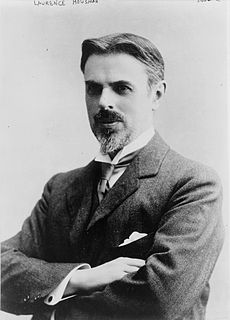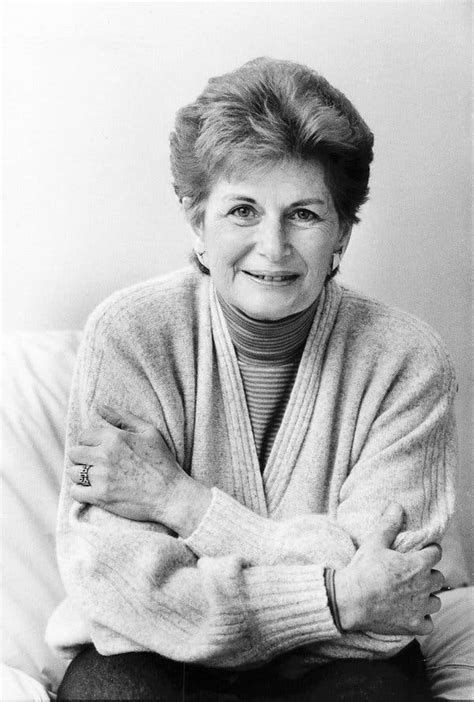A Quote by Julia Glass
Readers tell me that my novels are filled with significant mothers. Do I realize this? Do I do it on purpose? The truth is, I don't. I think of myself as a writer of family stories. I write more often than not from a male point of view, and I usually begin by focusing on siblings, spouses, even fathers, before I think about the mothers.
Related Quotes
As important as the father is in the life of a child, even he must take second place to mother during the first three years of life.... Consequently, mothers actually have more to do with producing a predisposition toward homosexuality than fathers. Two kinds of mothers are particularly harmful - smother mothers and dominating mothers.
I'm not saying that all women are blameless - all women are not. There are women with despicable characters who are cruel and terrible and some of them are mothers. But why do we blame our mothers more than our fathers? We let our fathers get away scot-free. We hardly even knew who they were in many cases, given the way this culture raises kids, and they may have been quite cruel. They may even have raped us as children, but even if they raped us, we will blame our mothers for not protecting us instead of blaming our fathers who actually did it.
Mothers and fathers act in mostly similar ways toward their young children. Psychologists are still highlighting small differencesrather than the overwhelming similarities in parents' behaviors. I think this is a hangover from the 1950s re-emergence of father as a parent. He has to be special. The best summary of the evidence on mothers and fathers with their babies is that young children of both sexes, in most circumstances, like both parents equally well. Fathers, like mothers, are good parents first and gender representatives second.
Parents offer an open womb. More than anyone else in your life, mothers, and sometimes fathers, can kiss it, and make it well whentheir grown children need to regress and repair. More than anyone else in your life, mothers, and sometimes fathers, can catch you when you start to fall. When you are in disgrace, defeat, and despair, home may be the safest place to hide.
Contrary to all we hear about women and their empty-nest problem, it may be fathers more often than mothers who are pained by thechildren's imminent or actual departure--fathers who want to hold back the clock, to keep the children in the home for just a little longer. Repeatedly women compare their own relief to their husband's distress



































